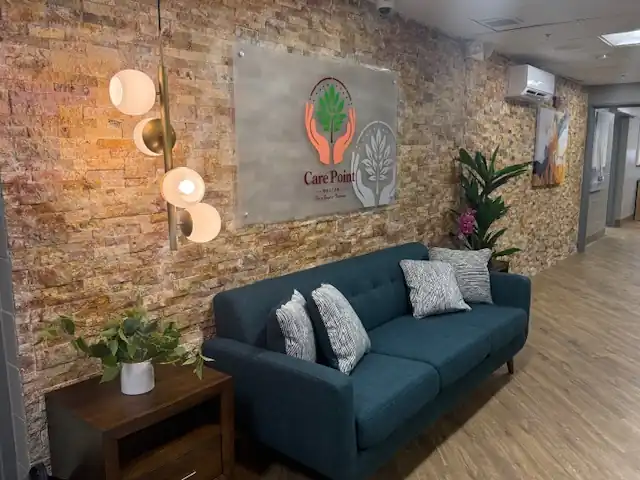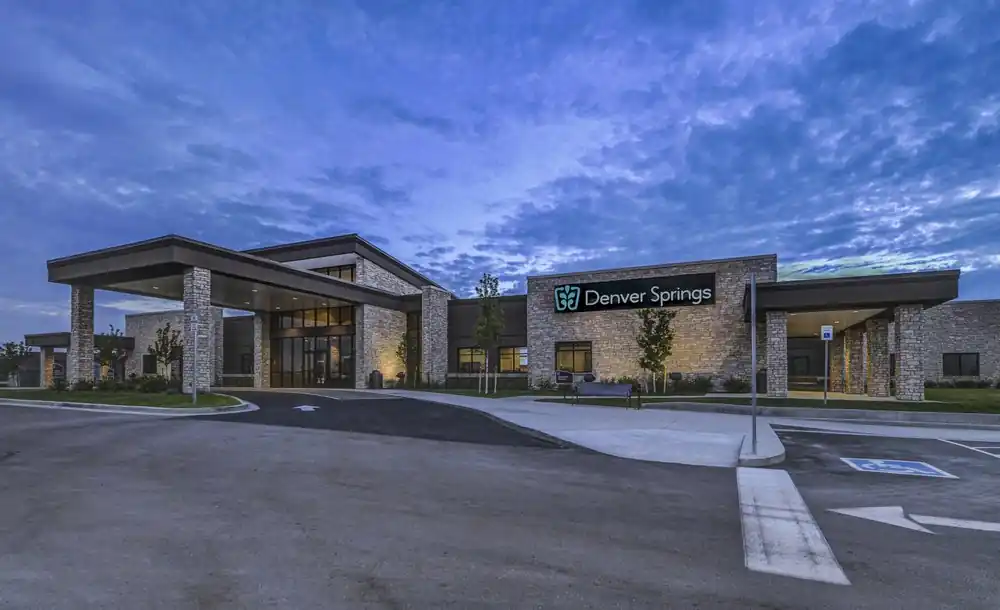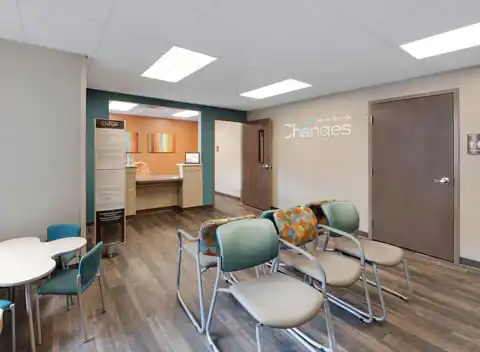Bipolar Disorder Recovery Support
You are not "too much." You are not out of control. You are a person living with a powerful brain and you deserve support that helps you thrive.
At TruPaths, we believe that bipolar disorder doesn’t define you and it doesn’t disqualify you from peace, connection, or success. Whether you’re navigating diagnosis for the first time or seeking better stability after years of struggle, this space is for you.









